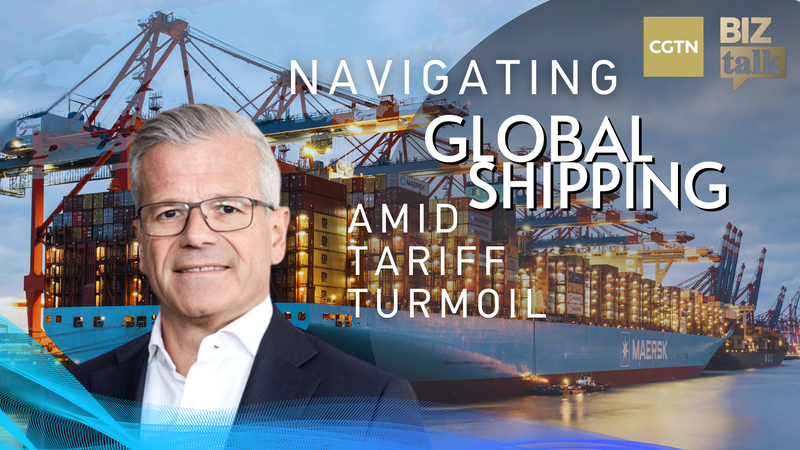In an exclusive Biztalk interview, A.P. Moller – Maersk CEO Vincent Clerc laid out how President Trump’s unilateral tariff hikes have rippled through the shipping and logistics industry, triggering cost surges, route adjustments, and broader worries about global economic growth.
"The sudden rise in tariffs and the resulting countermeasures from trading partners are creating uncertainty at every port, from Shanghai to Rotterdam," Clerc said. "Carriers and shippers are facing higher operational costs and slower trade flows."
Clerc emphasized three key areas for navigating the turbulence:
- Confidence in the Chinese mainland: Despite geopolitical headwinds, Clerc remains bullish on the Chinese mainland’s market potential and integrated supply chains. He highlighted ongoing investments in port infrastructure and digital networks that support scalable trade volumes.
- Economic and supply chain resilience: The CEO urged companies to diversify routes, embrace nearshoring, and build strategic partnerships to reduce dependency on any single trade corridor. "Resilience means flexibility—investing in digital platforms and predictive analytics can help us adapt faster," he noted.
- Emerging trends in international trade: Digitalization, sustainability, and data-driven operations will define the next decade. Clerc predicts wider adoption of blockchain for cargo tracking and a shift toward lower-emission fuels to meet growing environmental standards.
As trade tensions evolve, leaders across industries are watching closely. For digitally savvy global citizens, entrepreneurs, and changemakers, the shipping industry’s response offers a blueprint for staying agile in a world where policy shifts can alter trade lanes overnight.
What’s your take on the impact of tariffs on global trade? Share your thoughts below.
Reference(s):
cgtn.com




